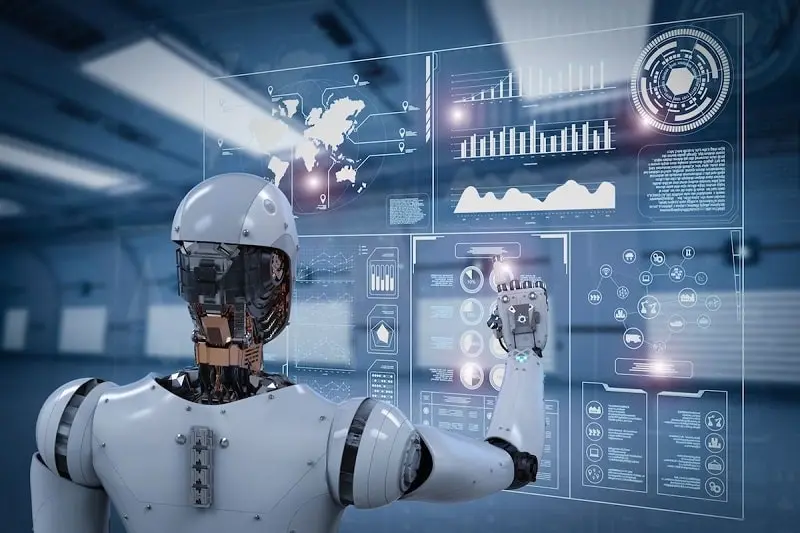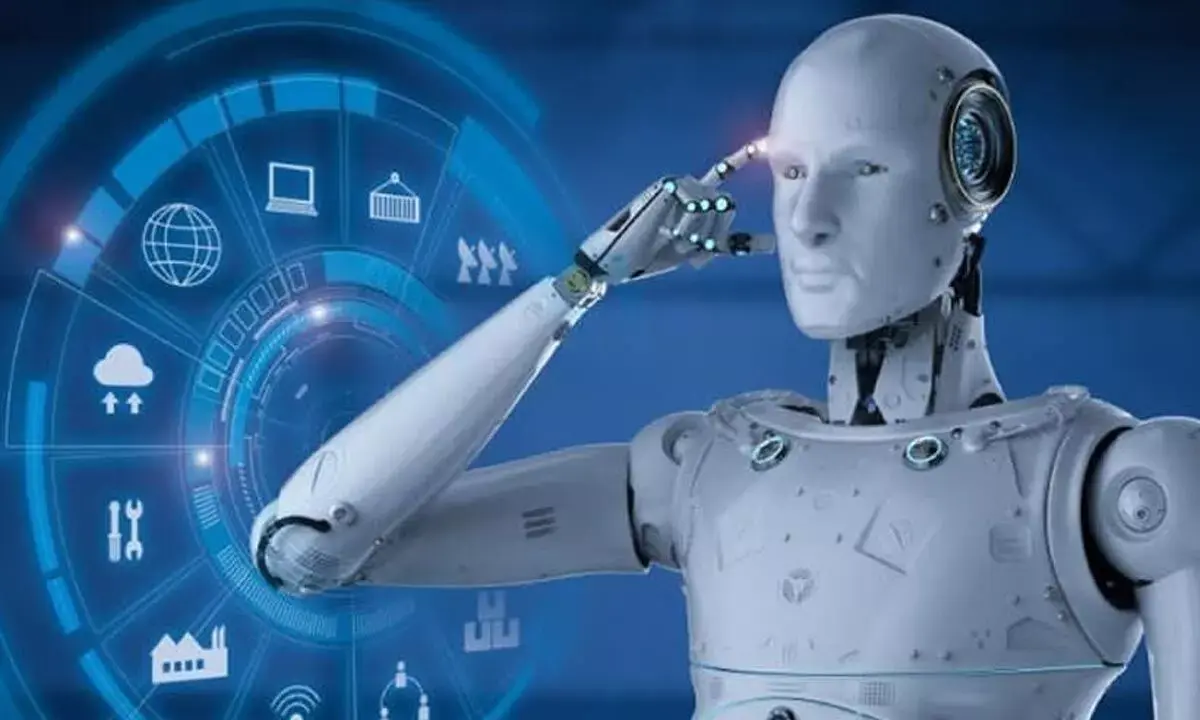Index
Introduction
The Future of Work: How AI Will Automate Jobs and Create New Opportunity
In recent years, advancements in cutting-edge technologies have generated discussions about the potential impact on the future of work. One such technology, artificial intelligence (AI), has sparked both excitement and concerns regarding job automation.While AI has the capability to automate certain tasks, leading to potential job displacement, it also brings forth new opportunities and transforms industries.
"In this blog post, we will explore the evolving landscape of work, highlighting both the automation potential and the avenues for novel employment opportunities brought about by AI and other advanced technologies."
Automation and Job Evolution
One significant effect of advanced technologies like AI is the automation of repetitive and routine tasks. These technologies, driven by sophisticated algorithms and machine learning capabilities, can execute these tasks more efficiently and accurately than humans. Sectors such as manufacturing, customer service, and data entry may experience changes as these tasks become increasingly automated.
However, it is important to note that automation does not necessarily lead to widespread unemployment. Historical evidence demonstrates that technological advancements, although disruptive initially, often result in the creation of new roles and industries. Similarly, the rise of AI provides an opportunity for workers to shift their focus towards more creative, complex, and strategic tasks that require human ingenuity.
New Opportunities and Skill Requirements

AI and other advanced technologies pave the way for fresh employment opportunities. Here are a few ways in which these technologies create avenues for workers:
1.Technology Specialists and Innovators: As AI and other advanced technologies advance, the demand for experts who can develop, implement, and push the boundaries of these technologies continues to grow. Technology specialists will be responsible for designing and refining algorithms, ensuring ethical and responsible practices, and driving innovation across industries.
2.Data Analysts and Insights Extractors: The proliferation of AI relies heavily on data. Data analysts play a pivotal role in collecting, organizing, and extracting insights from data to drive informed decision-making. These professionals will continue to be in high demand as data-driven approaches become integral in various fields.
3.Collaborative Technology Integration: Rather than replacing human workers, advanced technologies can augment their capabilities. Collaborative systems, including AI-powered tools and automation platforms, work in tandem with humans to enhance productivity and efficiency. For instance, chatbots can assist customer service representatives by addressing routine queries, allowing the human agents to focus on complex customer interactions.
4. Ethical Technology Practitioners: As the impact of advanced technologies becomes more significant, the need for professionals who can navigate the ethical implications arises. Ethical practitioners ensure that technologies are developed and deployed responsibly, addressing issues of bias, privacy, and fairness. Their expertise is crucial in building trust and accountability in the adoption of advanced technologies.
Conclusion

As advanced technologies continue to evolve, they undoubtedly impact the future of work. While concerns about job automation persist, it is crucial to adopt a balanced perspective. The workforce will undergo transformations, with certain tasks becoming automated and new employment opportunities emerging.
Humans can leverage their unique skills and abilities to focus on higher-value work that requires creativity, critical thinking, and emotional intelligence. By embracing advanced technologies, individuals and organizations can unlock new possibilities, drive innovation, and improve productivity across sectors.
Adapting to this evolving landscape necessitates a proactive approach to upskilling and continuous learning. By doing so, individuals can thrive in the era of advanced technologies and shape the future of work.
